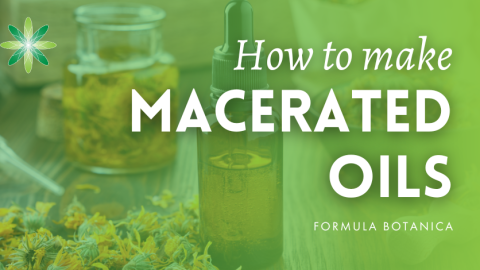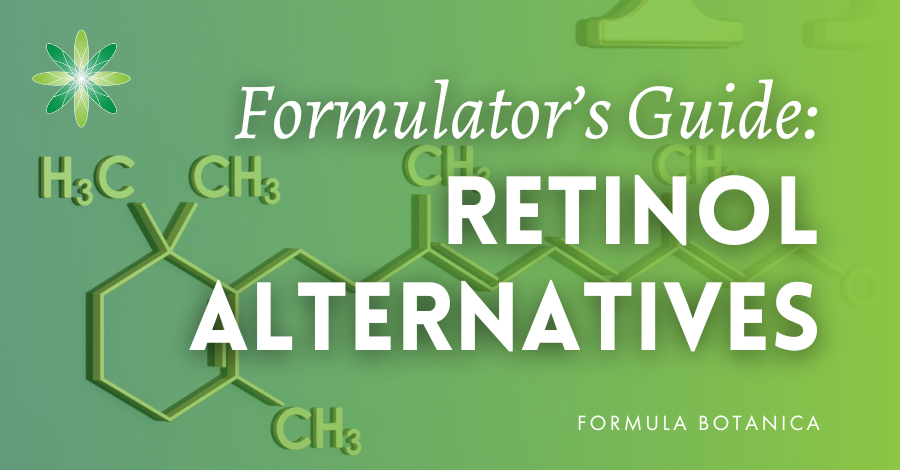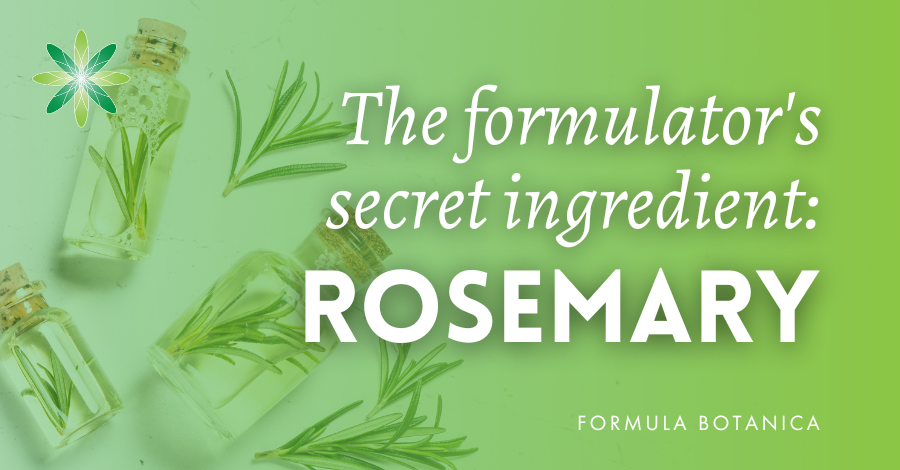Who says that girls don’t do science?!
The Institute of Physics has launched a project called ‘Opening Doors’ which aims to remove the gender bias from studying science and promote the study of science for everyone. They also want to show that science offers fantastic career prospects in all walks of life.
Here at Formula Botanica we couldn’t agree more! We think science is fabulous and the study of skincare science, or cosmetology, offers brilliant career prospects for our graduates all around the world. 99.99% of our students are women (but men, please don’t let that stop you from signing up!) and our worldwide student community knows all too well that making top quality organic skincare requires good science.
So here are my top 5 reasons why you should study the science of organic skincare:
- Organic ingredients – ’nuff said. There is nothing more wonderful that having a skincare lab filled with thick creamy butters, exquisite cold pressed organic plant oils, subtly fragrant flower waters and beautiful little bottles of organic essential oils. Most of us organic cosmetic formulators are deeply in love with our ingredients, but we also love learning about their scientific properties and how they work. Understanding their scientific properties makes you a better formulator.
- Getting to know your skin – getting to grips with the anatomy and physiology of your skin is a necessity when making organic skincare. Learning the layers of the skin and how they all work together is very important when formulating cosmetics, otherwise how will you know how to design your products?
- Understanding how your skin interacts with your product’s ingredients is the most important part of cosmetic formulating. Did you know that carrier oils only penetrate into the top few cellular layers of the very top layer of your skin, the stratum corneum? Many people who make natural skincare aren’t aware of this fact and think that the carrier oils in their skincare will end up in their bloodstream because that’s what they read once on a blog somewhere. Research your facts and back them up with evidence. This is just one example of learning how your organic ingredients behave when they come into contact with your skin.
- Emulsification – have you ever made an emulsion? If you have, then you’ll know that to make an emulsion (a cream or lotion) you need to combine water and oil with the help of an emulsifying agent. It is quite possibly the single coolest thing about cosmetic formulating as you watch the lotion form before your eyes. Bringing together two types of ingredients that end up creating an even better product is using science at its best.
- Credibility – Understanding the basics of science and how it applies to your skin and your products gives you more credibility. You won’t be shouting loudly about ‘chemical-free’ products, or trying to tell people that 60% of everything you put on your skin ends up in your bloodstream. The natural and organic skincare sector hasn’t exactly given itself much credibility in the past. A bit of science can turn all of that around. After all, just because you don’t want to use synthetic ingredients doesn’t mean that you have to shun all scientific research at the same time.
Now you’ve seen for yourself how cool science is, come and check out our Organic Cosmetic Science courses!
FREE TRAINING
Learn how to become an
Organic Skincare Formulator
FREE TRAINING
How to become an
Organic Skincare Entrepreneur
FREE TRAINING
How to become an
Organic Skincare Entrepreneur
Leave us a comment
Lorraine Dallmeier is a Biologist, Chartered Environmentalist and the CEO of Formula Botanica, the award-winning online organic cosmetic science school. Read more about Lorraine and the Formula Botanica Team.



























